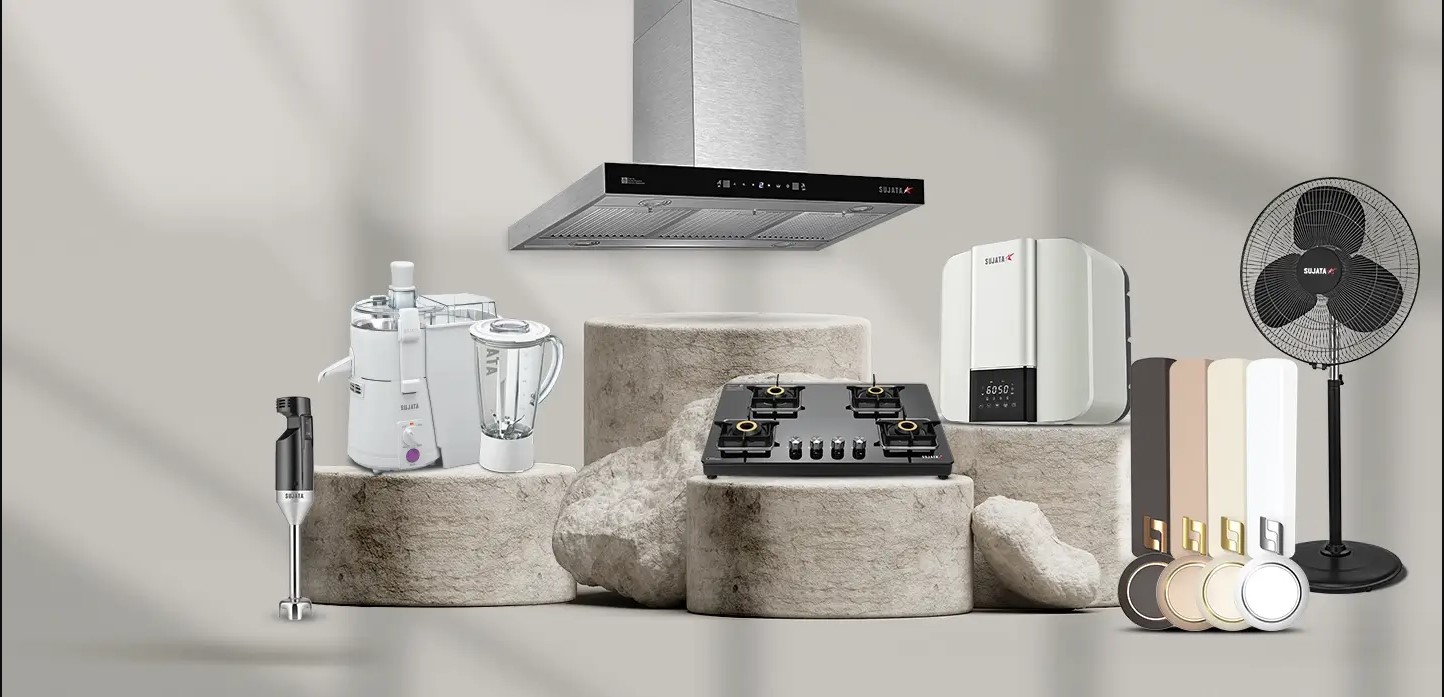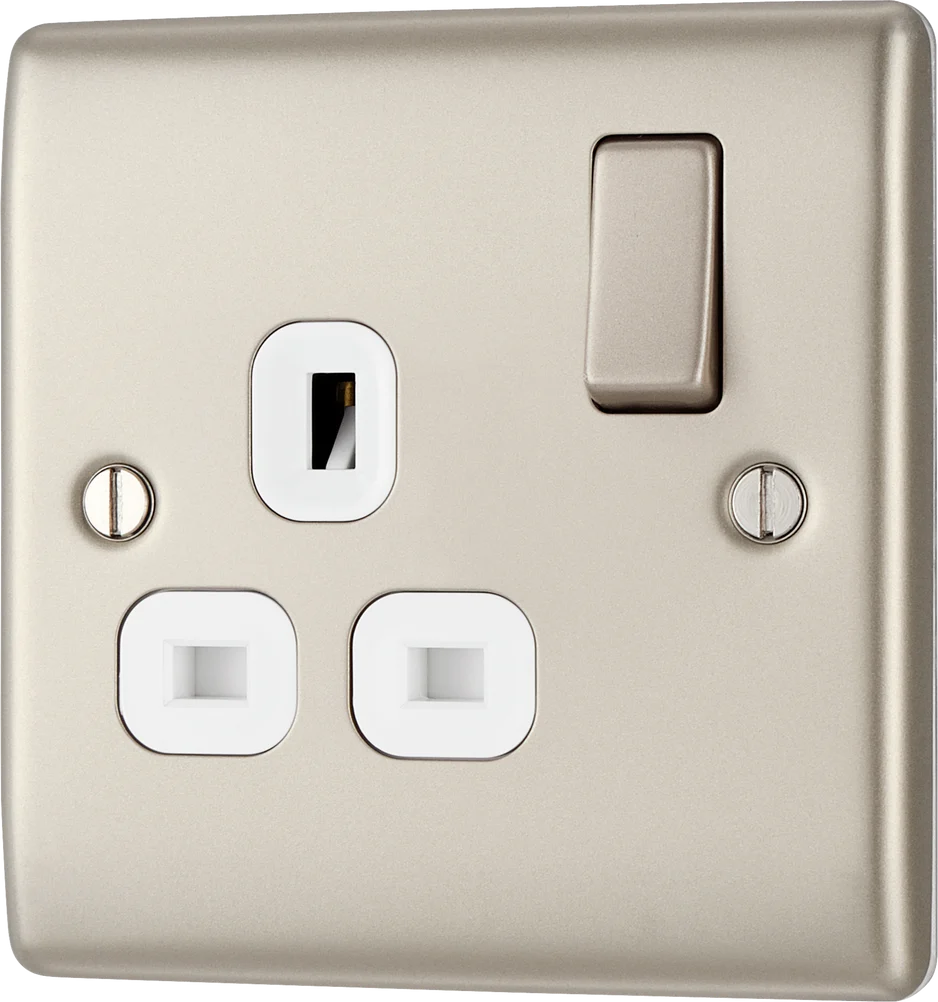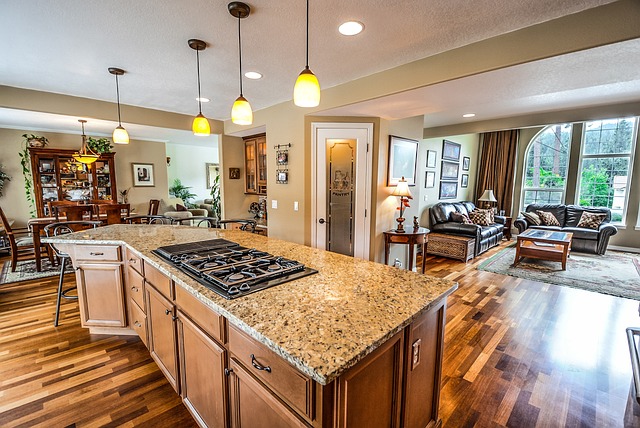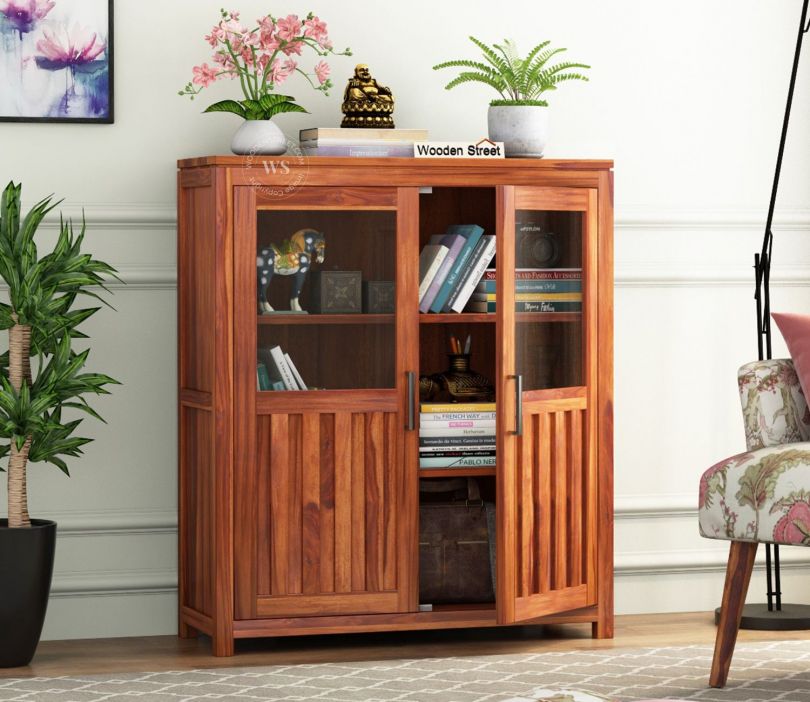Durable Tile Options for Delaware Kitchens and Entryways
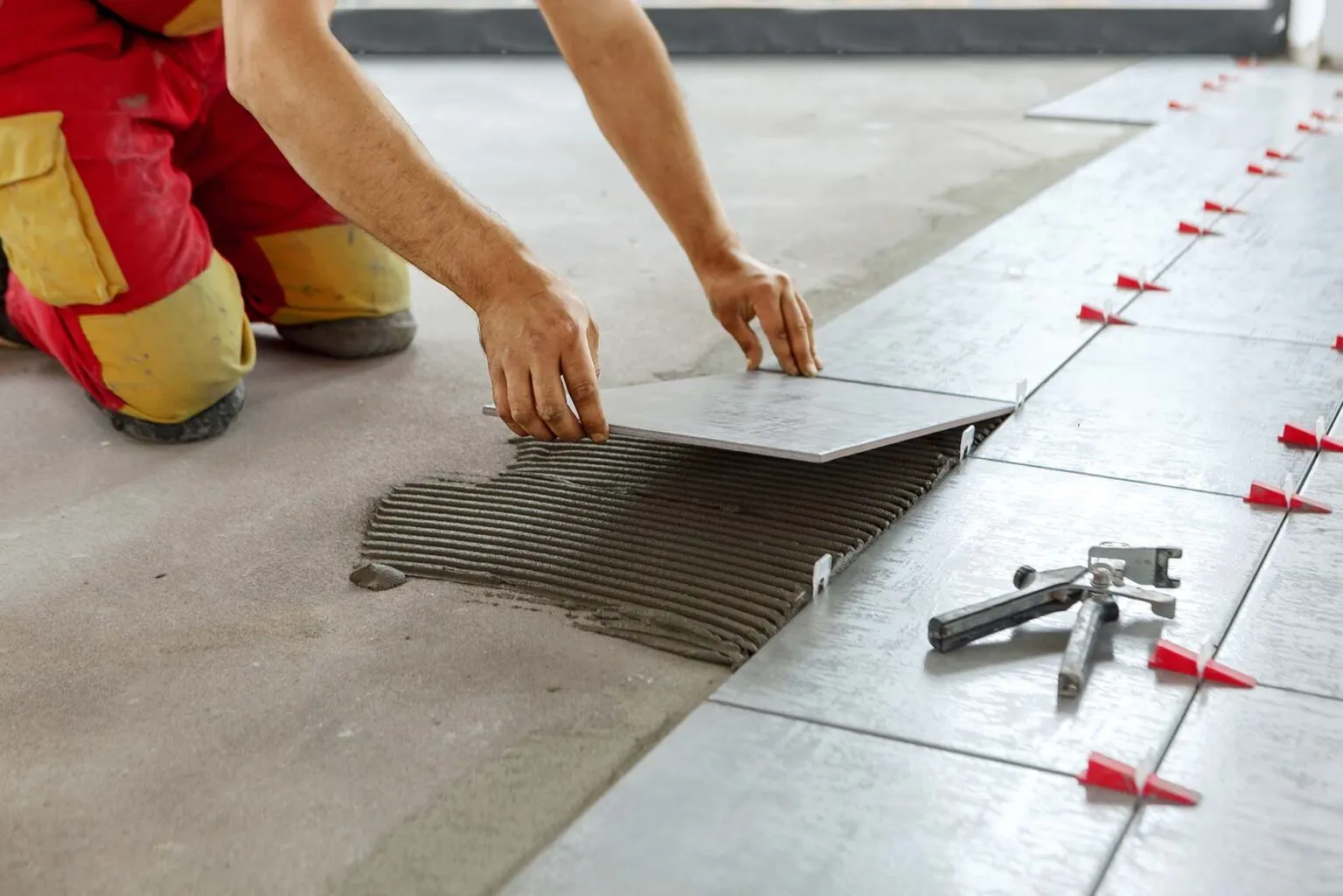
If you're updating your kitchen or entryway, picking the right tile matters a lot. These spaces deal with spills, muddy shoes, dropped items, and more. Choosing a tile that looks good and holds up over time is key to making your remodel worth the investment.
For Delaware homeowners, where seasons bring snow, rain, and humidity, durability and moisture resistance should be top priorities. This article gives you clear, practical guidance on choosing long-lasting tile for these important spaces in your home.
Why Kitchens and Entryways Need Strong, Resilient Tile
Kitchens and entryways are workhorse areas. They’re used daily and exposed to:
Dirt, mud, and moisture
High foot traffic
Food spills, grease, and cleaning products
Temperature changes, especially near doors
That’s why choosing durable, water-resistant tile is essential. If your flooring chips, warps, or becomes slippery, it can affect safety and lead to early replacement costs.
Top Tile Materials That Last in High-Traffic Areas
Here’s a breakdown of the most popular and effective tile types for entryways and kitchens, along with their pros and cons.
1. Porcelain Tile: Durable and Low-Maintenance
Porcelain is often the top recommendation for kitchens and entryways. It’s denser than ceramic, extremely hard-wearing, and resists stains, scratches, and moisture.
Benefits:
Great for both indoor and outdoor use
Resists water, stains, and scratches
Can mimic stone, wood, or concrete finishes
Available in non-slip textures
Things to Watch For:
Heavier than ceramic—needs a solid subfloor
More expensive than ceramic
Cutting porcelain requires special tools
Bonus Tip:
Look for porcelain with a PEI rating of 4 or 5—this means it’s tough enough for heavy traffic.
2. Ceramic Tile: Affordable and Versatile
Ceramic tile is another solid choice. While it’s not quite as dense as porcelain, it still handles everyday kitchen and entryway wear very well.
Benefits:
Budget-friendly option
Wide range of colors, patterns, and finishes
Glazed ceramic repels moisture and is easy to clean
Lighter and easier to cut than porcelain
Things to Watch For:
Not ideal for outdoor entryways (can crack in freezing temps)
May chip or wear faster than porcelain in high-traffic homes
3. Natural Stone Tile: Premium and Timeless
Natural stone tiles like slate and travertine bring texture and timeless appeal. They offer a unique look that fits both rustic and modern homes.
Benefits:
Extremely durable with proper maintenance
Adds value to the home
Naturally slip-resistant (especially slate)
Perfect for statement entryways
Things to Watch For:
Needs sealing to prevent stains and water damage
Can be more expensive
More difficult to install due to irregular shapes
4. Luxury Vinyl Tile (LVT): Comfort Meets Durability
LVT is a newer tile option made from layers of vinyl with a printed design that mimics wood, stone, or tile. It’s soft underfoot and easy to maintain.
Benefits:
Water-resistant, making it great for kitchens
Softer and warmer than ceramic or stone
Affordable and easy to install
Available in a wide range of realistic finishes
Things to Watch For:
Not as heat-resistant as real tile
May fade or wear over time in extremely high-traffic areas
Tile Comparison Table
Tile Type
Durability
Moisture Resistance
Maintenance
Style Options
Cost Level
Porcelain
Excellent
High
Low
Wide variety
$$$
Ceramic
Good
Medium-High
Low
High
$$
Natural Stone
Excellent
Medium (sealed)
Moderate
Unique
$$$$
Luxury Vinyl Tile
Good
High
Low
Moderate
$$
Technical Specs Table
Tile Type
PEI Rating (Wear)
Slip Resistance
Best Used In
Sealing Required
Porcelain
4–5
Yes (textured)
Kitchens, Entryways, Outdoors
No
Ceramic
3–4
Yes (glazed)
Kitchens, Mudrooms
No
Natural Stone
4–5
Yes (textured)
Entryways, Formal Spaces
Yes
LVT
N/A
Yes
Kitchens, Entryways, Basements
No
Factors to Consider Before Choosing Tile
Choosing a tile isn’t just about looks. Here are important points to evaluate before you buy.
1. Subfloor Conditions
Uneven or bouncy subfloors can cause cracking, especially for porcelain or stone.
LVT and some floating floors may be more forgiving.
2. Moisture Exposure
Kitchens and entryways are wet zones. Always choose moisture-resistant tiles.
For stone, use a high-quality sealer regularly.
3. Foot Traffic Volume
Entryways in multi-person households or homes with pets need extra-tough tile.
4. Climate Considerations
Delaware sees cold winters and humid summers. Choose tile that won’t expand or contract with temperature swings. Porcelain and LVT are both climate-stable options.
5. Installation Costs
Porcelain and stone require pro installation, increasing overall project cost.
LVT and ceramic are more DIY-friendly.
Bonus Tip:
Ask about grout quality. Epoxy grout is more stain-resistant and lasts longer than traditional sanded grout.
Market Insight: Tile Trends in Delaware
According to regional building supply data:
Porcelain tile has seen a 22% rise in installations in Delaware kitchens since 2022, largely due to its versatility and durability.
Luxury vinyl tile is growing in popularity for homes with kids and pets, offering a soft but strong alternative to ceramic.
[Image: A slate tile entryway with natural lighting in a Delaware home]
Common Homeowner Questions (Answered)
Q1: Will the tile be too cold in the winter?
Yes, tile can feel cold underfoot. Use area rugs or consider radiant floor heating under porcelain or stone tiles.
Q2: Do I need to seal my tiles?
Porcelain and ceramic don't need sealing. Natural stone must be sealed to protect from water and stains.
Q3: Is tile slippery when wet?
Some tiles can be. Look for tiles rated for slip resistance, especially in wet zones.
Q4: What’s the most low-maintenance option?
Porcelain tile and LVT are the easiest to maintain. They’re resistant to water, stains, and everyday messes.
Q5: Can I mix tile types?
Yes, but keep visual balance and transitions in mind. Use thresholds or trim to separate areas cleanly.
Bonus Tips for Longer Tile Lifespan
Use Rugs at Entrances: Prevent dirt and moisture from damaging tile by using high-quality doormats.
Clean with pH-neutral Products: Especially for natural stone, avoid acidic cleaners.
Watch for Grout Wear: Grout is the weak point. Reseal or touch up as needed every few years.
Frequently Asked Questions About Durable Flooring
What’s the best tile for homes with pets?
Porcelain is ideal—scratch-resistant and easy to clean. LVT is also pet-friendly due to its softer surface.
How often should I reseal stone tile?
Plan to reseal every 1–2 years, especially in high-traffic zones like entryways.
Can tile increase home value?
Yes, especially natural stone or high-end porcelain. Durable, low-maintenance floors are a big plus for buyers.
Is tile OK for homes with kids?
Yes, but choose textured, slip-resistant finishes and add cushioned mats where children play.
What’s more cost-effective long term—tile or wood?
Tile usually outlasts wood in wet or high-traffic areas, offering better long-term value and less maintenance.
Finding the Right Tile Installation Expertise
Whether you're designing a welcoming entryway or upgrading a hard-working kitchen, choosing the right tile helps protect your home and improve its style. Porcelain, ceramic, natural stone, and luxury vinyl each offer different strengths. What matters most is matching the tile to your home’s needs and your lifestyle.
For homeowners seeking professional guidance or services like tile installation, JPM Homes Services has experience in this field.
Readers can learn more about JPM Homes Services’ offerings:
Company: JPM Homes Services
Phone: (302) 598-6297
Email: [email protected]
Website: Explore tile solutions and home improvement services
Note: IndiBlogHub features both user-submitted and editorial content. We do not verify third-party contributions. Read our Disclaimer and Privacy Policyfor details.



